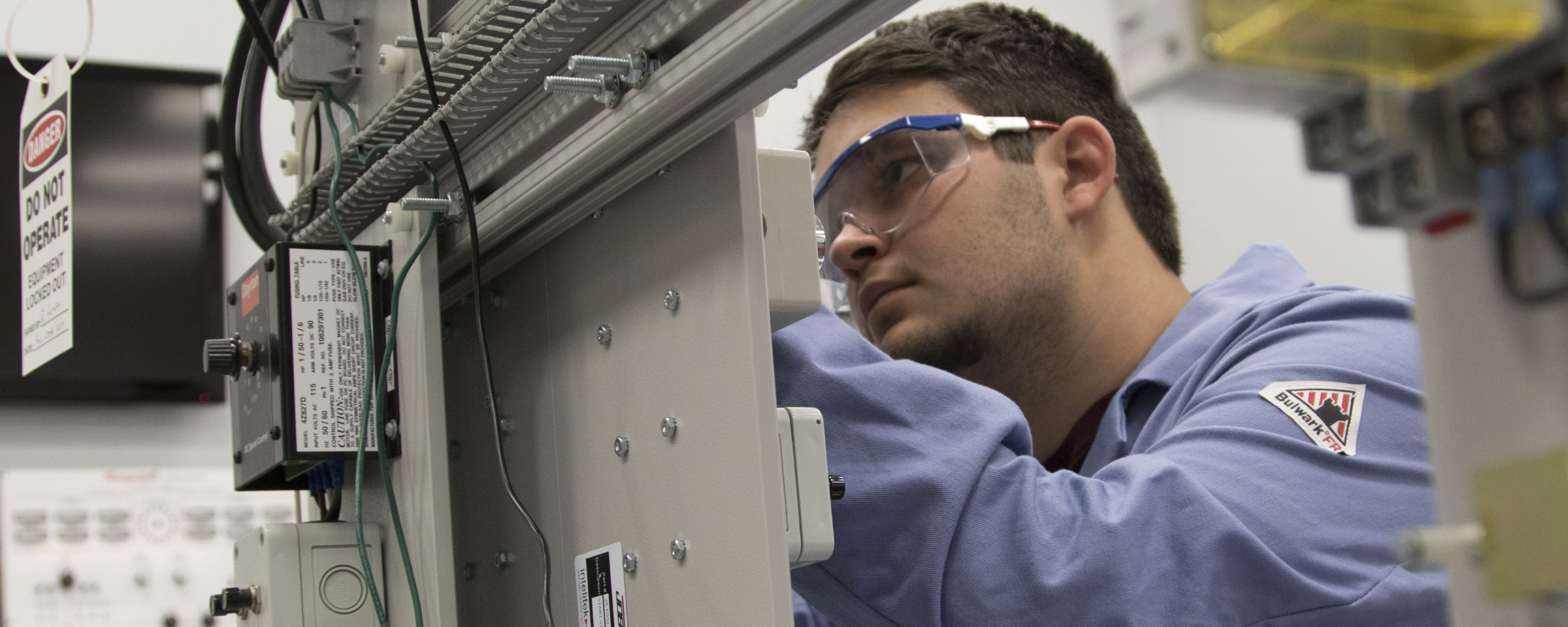
Disability Services

At Wharton County Junior College, we believe in every student to achieve their full potential. Our comprehensive student disability services and accommodations ensure an inclusive, accessible learning environment in compliance with Section 504 of the Rehabilitation Act and the Americans with Disabilities Act. Get the support you need to thrive at WCJC, from application through graduation.
Start Strong: Request Accommodations
Register for Classes / Submit Your Documentation
Schedule Your ADA Intake and Orientation Meeting
Attend Your ADA Intake and Orientation Meeting
Receive Your Customized ADA Accommodation Letter
Continuing Accommodations
WCJC ensures seamless support throughout your academic journey. Your approved accommodations will automatically be sent out each semester until your graduation. If you need to request an appointment to discuss modifications in accommodations, please email disabilityservices@wcjc.edu to set an appointment. ADA Accommodations Letters are course specific and need to be reviewed with your instructors each semester.
Your Responsibilities as a Student
To receive accommodations, it's essential for you to voluntarily disclose your disability and request assistance in a timely manner. WCJC is committed to providing support but cannot assume responsibility for students who haven't identified themselves or requested accommodations.
Disability Services Resources
- Guidelines for Documentation
- Medical Disability Verification Form (for medical provider use, if needed)
- Psychological Disability Verification Form (for medical provider use, if needed)
- Emotional Support Animal - contact Disability Services for the ESA application and process
A Service Animal is defined under the Americans with Disabilities Act (ADA) as a dog that is individually trained to do work or perform tasks for the benefit of an individual with a disability, including physical, sensory, psychiatric, intellectual, or other psychological disabilities. Service animals are allowed in a public place due to the owner’s need for the animal at all times. Although, there may be exceptions due to putting an animal in harm’s way or other circumstances that would not be deemed reasonable/appropriate for either the handler/anima.
Examples of such work or tasks include but are not limited to:
- Alerting an individual of a seizure/change in blood sugar
- Alerting people who are deaf to the presence of possible danger
- Calming a person with Post Traumatic Stress Disorder during an anxiety attack
- Guiding an individual who is blind or has a vision impairment with navigation
- Helping an individual retrieve a needed item
- Pulling a wheelchair
- Reminding a person with a psychological disorder to take prescribed medications
- Performing other duties regarding necessary daily living activities
Under ADA, colleges and universities are required to allow individuals with disabilities to bring their service animals in all areas of the facility that are open to the general public or attending students. Students with service animals are not required to be registered with the Disability Services office.
Handler's Responsibilities
A service animal must be under the control of its handler at all times. The Americans with Disabilities Act (ADA) requires the animal to be leashed, tethered or harnessed unless the individual’s disability prevents the use of these devices or the use of these devices interferes with the service animal’s ability to perform safe or effective work/task(s). In this case, the individual must maintain control of the animal through voice, signal, or other effective measures.
The handler is responsible for the overall supervision and care of the animal:
- Feeding
- Grooming
- Veterinary Care
The handler is responsible for the control of the animal at all times. Examples of disruptive behavior by the animal might include but are not limited to:
- Uncontrollable barking
- Approaching or jumping on people
- Trying to get away from the handler
If the service animal is out of control or disruptive, staff may request that the animal is removed from the premises.
Animal Classification Guide
Service Dogs: A dog → individually trained to do work or perform tasks for the benefit of a disability → is a service animal.
- Recognized by the ADA (it is the handler’s right to have the dog provide a service).
- Can go everywhere the handler goes; trained to respond to handler’s needs.
- The use of this animal on campus does not prompt registration with WCJC Disability Services.
Services Dogs in Training: A dog → you are training to perform a task for the benefit of a disability → dog must be accompanied by an approved trainer at all times → this is a service animal in training.
- ADA recognizes one’s ability to train their own animal. However, ADA does not recognize a service animal in training as a service dog and does not allow the same access.
- Texas Law allows for Service Animals in Training, but must be accompanied by approved handler at all times.
- The use of this animal on campus must be approved by the Director of Counseling and Disability Services. If the student is NOT an approved trainer, the student and service dog in training must be accompanied by an approved trainer at all times.
Emotional Support Animal
- Covered under the Fair Housing Act (not recognized by ADA because there is no right to comfort).
- Animal’s presence as support, well-being, or comfort does not constitute work or tasks.
- The use of this animal in WCJC Residence Halls must be approved through Disability Services. Any student who wants to have their Emotional Support Animal live with them in the WCJC Residence Hall must submit an application and receive an ESA approval letter before the ESA can live with them in the WCJC Residence Hall.
For questions, please contact WCJC Disability Services at disabilityservices@wcjc.edu or 979-532-6384.
Take the First Step Towards an Inclusive Education at WCJC
Contact a WCJC Counselor or email disabilityservices@wcjc.edu.
Richmond Campus Counselor: 281-239-1527
Wharton / Bay City Campus Counselor: 979-532-6441
Sugar Land Campus Counselor: 281-243-8422

